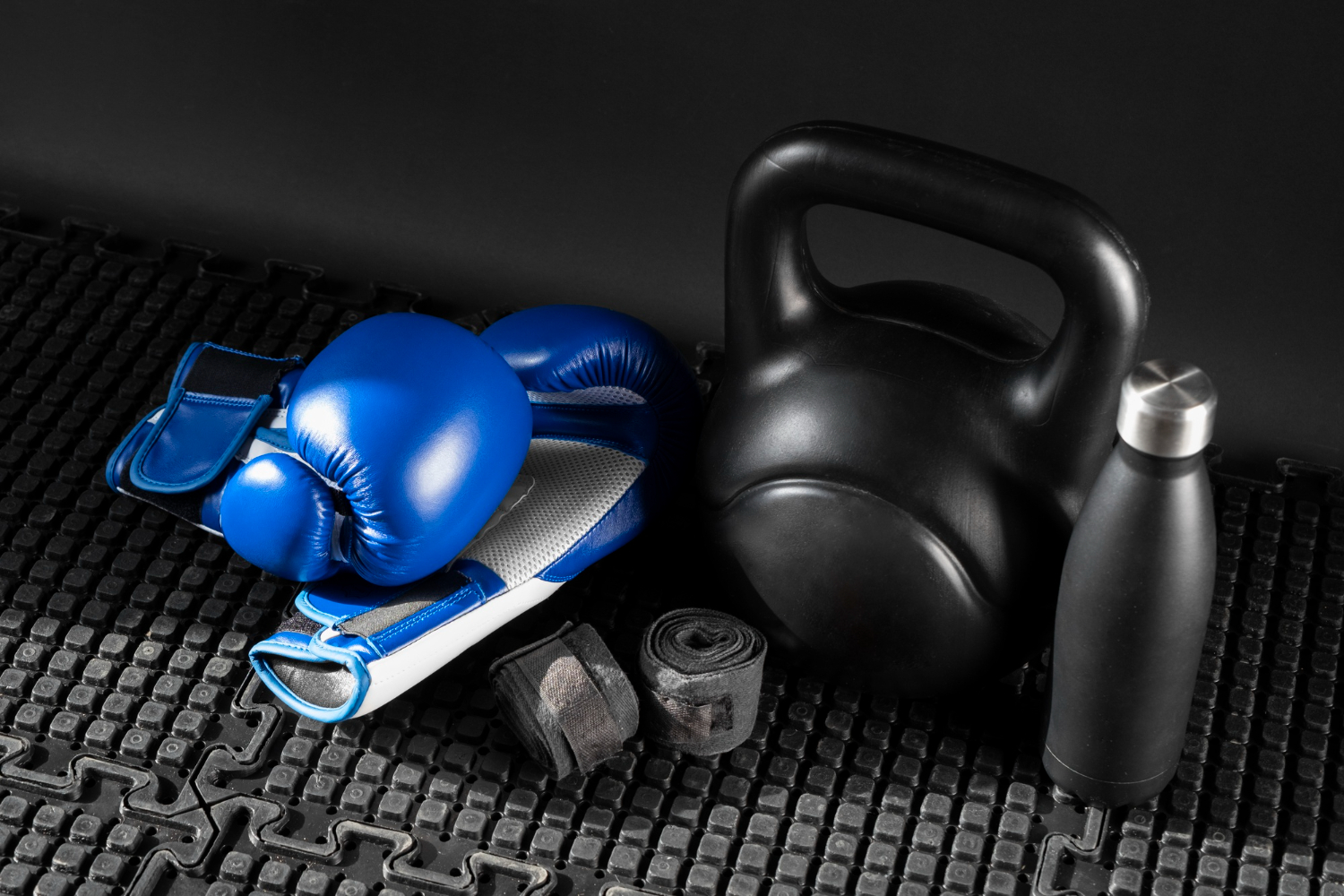Hey there, weekend warriors! Whether you’re hitting the basketball court, running a local 5k, or just enjoying a friendly game of soccer with friends, weekend sports and activities are a fantastic way to stay fit, have fun, and relieve stress. But let’s face it—nothing ruins a great weekend like an unexpected injury. So, how can you keep yourself in the game and injury-free? Here are some practical tips to help you enjoy your favourite activities safely.
1. Warm Up Properly
Why It’s Important – Think of your body as a car engine. You wouldn’t start driving at full speed without letting it warm up first, right? The same goes for your muscles. Warming up increases your heart rate and blood flow, loosens your muscles, and prepares your body for physical activity.
How to Do It – Spend at least 10-15 minutes warming up. Start with some light cardio, like jogging or jumping jacks, to get your heart pumping. Follow it up with dynamic stretches—these are stretches that involve movement, like leg swings or arm circles. This helps improve your range of motion and reduce muscle stiffness.
2. Use the Right Gear
Why It’s Important – Wearing the right gear can make a huge difference in preventing injuries. This includes everything from the right shoes to protective equipment.
How to Do It:
- Shoes – Make sure you have sport-specific shoes that provide the right support and cushioning for your activity.
- Protective Gear – Depending on the sport, this could mean helmets, knee pads, or wrist guards. Don’t skip these—they’re designed to protect you from common injuries.
- Comfortable Clothing – Wear clothes that are appropriate for the weather and allow a full range of motion.
3. Stay Hydrated
Why It’s Important – Dehydration can lead to muscle cramps, dizziness, and even more severe issues like heatstroke. Keeping your body hydrated helps it perform better and recover faster.
How to Do It – Drink water before, during, and after your activity. For longer sessions, consider drinks with electrolytes to replenish what you lose through sweat. Avoid alcohol and caffeine before playing, as they can dehydrate you.
4. Know Your Limits
Why It’s Important – It’s great to be enthusiastic, but pushing yourself too hard can lead to injuries. Understanding your limits helps you avoid overexertion and gives your body time to adapt to increased levels of activity.
How to Do It – Listen to your body. If you feel pain or extreme fatigue, it’s time to take a break. Don’t try to “push through” serious discomfort. Gradually increase the intensity and duration of your activities to build up your strength and endurance over time.
5. Practice Good Technique
Why It’s Important – Using proper technique reduces the strain on your muscles and joints, decreasing the likelihood of injury.
How to Do It:
- Learn the Basics – If you’re new to a sport, take some time to learn the basic techniques. Consider taking a lesson or asking for advice from more experienced players.
- Focus on Form – Even if you’ve been playing for a while, it’s beneficial to review and refine your form regularly. Bad habits can creep in and lead to injuries.
6. Cool Down and Stretch
Why It’s Important – Cooling down helps your body transition back to a resting state and reduces muscle soreness. Stretching post-activity helps maintain flexibility and prevent stiffness.
How to Do It – Spend 5-10 minutes doing light cardio to gradually lower your heart rate. Follow this with static stretches (holding a stretch for 20-30 seconds) targeting all the major muscle groups you used during your activity.
7. Strength Training
Why It’s Important – Building strength in your muscles can support your joints and improve your overall stability, making injuries less likely.
How to Do It – Incorporate strength training exercises into your routine a couple of times a week. Focus on exercises that strengthen the core, legs, and upper body. You don’t need heavy weights; bodyweight exercises like squats, lunges, and push-ups are effective too.
8. Get Enough Rest
Why It’s Important – Rest is when your body repairs itself. Without enough rest, you’re more likely to suffer from overuse injuries and fatigue.
How to Do It – Make sure you get adequate sleep each night, ideally 7-9 hours. Also, give yourself rest days between intense activities to allow your muscles to recover. If you’re feeling particularly sore or tired, take it easy and opt for a light activity like walking or yoga instead.
9. Listen to Your Body
Why It’s Important – Your body gives you signals when something’s not right. Ignoring these signals can turn a minor issue into a major injury.
How to Do It – Pay attention to any pain or discomfort. If you notice a persistent problem, seek medical advice. It’s better to take a short break and recover fully than to be sidelined for a longer period due to a more serious injury.
10. Stay Consistent
Why It’s Important – Consistency helps your body stay accustomed to physical activity, reducing the risk of injuries that can occur when you suddenly ramp up your activity level.
How to Do It – Try to stay active throughout the week, not just on weekends. Regular exercise keeps your muscles and joints conditioned, making them more resilient when you engage in weekend sports and activities.
Staying injury-free during weekend sports and activities is all about preparation, proper technique, and listening to your body. By warming up, using the right gear, staying hydrated, knowing your limits, practicing good technique, cooling down, strength training, getting enough rest, listening to your body, and staying consistent, you can enjoy your favourite pastimes without the worry of getting hurt.
So go out there, have fun, and play safe! Your body will thank you, and you’ll be able to enjoy those weekend activities you love. Happy playing!










